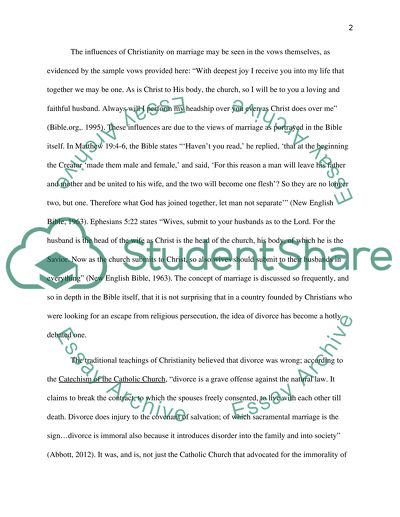Cite this document
(“Sincere believes about the morality of divorce will not influence God Research Paper”, n.d.)
Sincere believes about the morality of divorce will not influence God Research Paper. Retrieved from https://studentshare.org/philosophy/1469506-sincere-believes-about-the-morality-of-divorce
Sincere believes about the morality of divorce will not influence God Research Paper. Retrieved from https://studentshare.org/philosophy/1469506-sincere-believes-about-the-morality-of-divorce
(Sincere Believes about the Morality of Divorce Will Not Influence God Research Paper)
Sincere Believes about the Morality of Divorce Will Not Influence God Research Paper. https://studentshare.org/philosophy/1469506-sincere-believes-about-the-morality-of-divorce.
Sincere Believes about the Morality of Divorce Will Not Influence God Research Paper. https://studentshare.org/philosophy/1469506-sincere-believes-about-the-morality-of-divorce.
“Sincere Believes about the Morality of Divorce Will Not Influence God Research Paper”, n.d. https://studentshare.org/philosophy/1469506-sincere-believes-about-the-morality-of-divorce.


